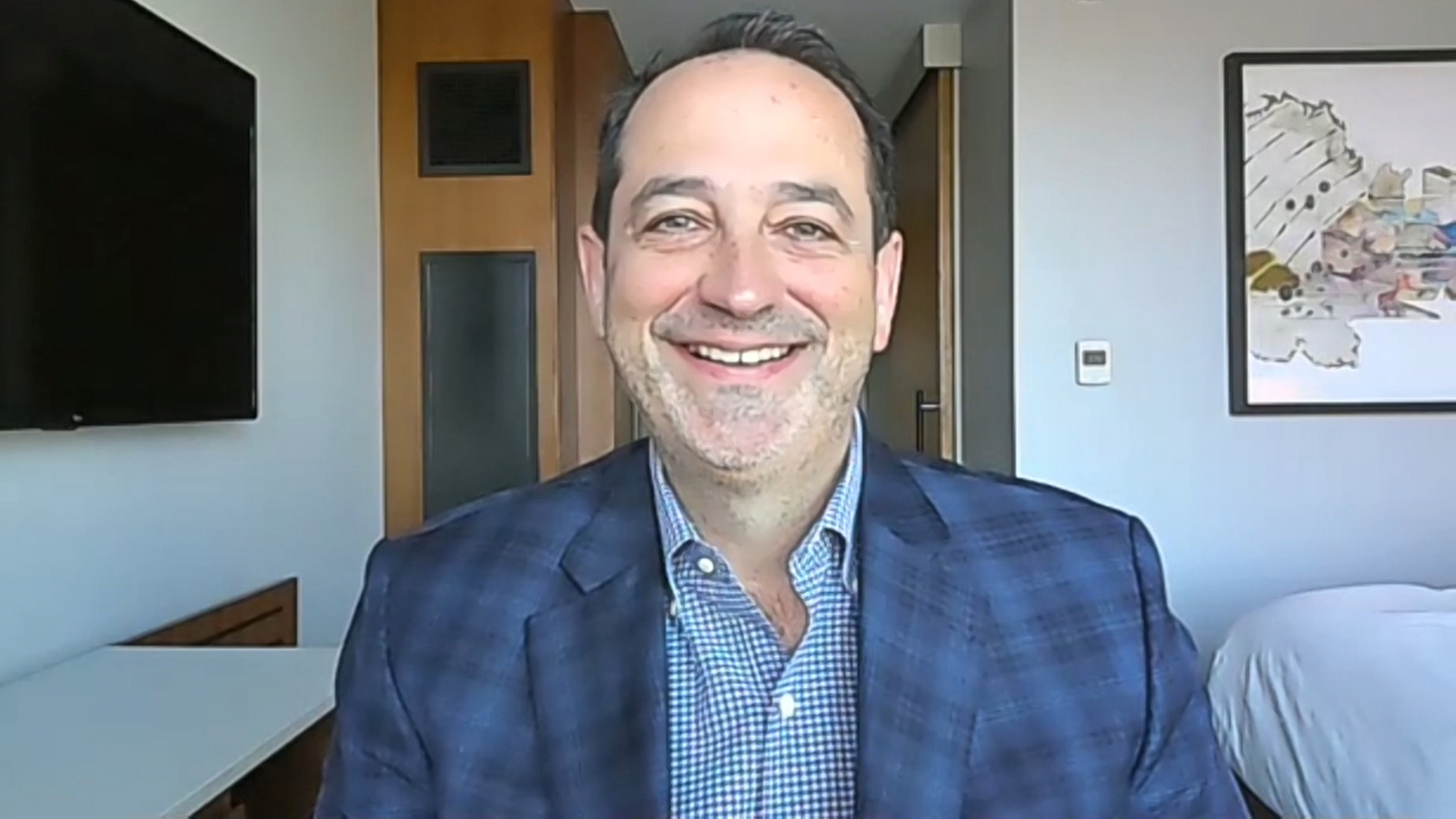 CLOUD
CLOUD
 CLOUD
CLOUD
 CLOUD
CLOUD
Workloads-on-premises solutions like GreenLake, Hewlett Packard Enterprise Co.’s answer to hybrid cloud, should offer a credit card swipe, said a disruptive technology analyst recently. This would allow developers to instigate a bespoke workload and scale out more easily.
If they added credit cards, they’d have public cloud and the advantages that brings, said Patrick Moorhead (pictured), founder, president and principal analyst at Moor Insights & Strategy.
“It’s wanting to have more flexibility and agility: the ability to spin up things and spin down things in a very quick way,” he said of the future of cloud computing. And that includes the capital expenditures. It’s missing from the newer hybrid solutions. That was just one nugget of insight from the industry veteran.
Moorhead spoke with Dave Vellante, host of theCUBE, SiliconANGLE Media’s livestreaming studio, during the HPE Discover event. They discussed the future of compute and how on-prem should be positioned to take advantage of new compute and data trends. (* Disclosure below.)
Data shifting to the edge will create challenges for the data industry, according to Moorhead. However, on-prem vendors, such as HPE, should be poised to take advantage of the move.
“I think one thing most everybody agrees on is that most of the data will be created on the edge,” he said.
It makes the most sense, and the most efficient way is to do the compute at the closest point possible. “It doesn’t make any sense to send all that data to the mothership,” he added.
Lower latency is one advantage, along with localized communications, such as car computers communicating with each other in real time. However, security and people resource issues are going to cause problems that will need addressing, Moorhead explained.
“If I wanted to, I could walk in and I could take that server off the McDonald’s or the Shell gas station wall,” he stated.
That’s something that one doesn’t have to deal with in a data center. “Physical security [then] is a challenge,” he added.
The second issue will be when something goes wrong. Again, using the fast-food franchise scenario: “If you have a networking problem that goes wrong in McDonald’s, there’s nobody there that can help you fix that,” Moorhead said.
But, he projects, overall that “this is a tremendous opportunity, and ironically the classic on-prem guys, they own this.”
HPE’s acquisition of wireless edge platform Aruba, including AI-driven mobility connected solutions, places HPE at an advantage, according to Moorhead, video being a primary data user at edge.
“The CPU industry started to stagnate when Intel had no competition, so bring it on,” Moorhead added, referring to the time before today’s wildly varied, custom semiconductor market. He believes continued semiconductor development will stimulate the industry.
“If the Arm deal does go through, Nvidia will be the largest chip CPU licensee and have the largest CPU footprint on the planet,” he said. If you add AMD, Intel and Arm/Nvidia together market-wise, then “we have three massive ecosystems. They’re going to be colliding here,” he added.
Overall, the combination of semiconductors, software and cloud is a magical combination, Moorhead concluded.
Watch the complete video interview below, and be sure to check out more of SiliconANGLE’s and theCUBE’s coverage of the HPE Discover event. (* Disclosure: TheCUBE is a paid media partner for HPE Discover. Neither Hewlett Packard Enterprise Co., the sponsor for theCUBE’s event coverage, nor other sponsors have editorial control over content on theCUBE or SiliconANGLE.)
Support our mission to keep content open and free by engaging with theCUBE community. Join theCUBE’s Alumni Trust Network, where technology leaders connect, share intelligence and create opportunities.
Founded by tech visionaries John Furrier and Dave Vellante, SiliconANGLE Media has built a dynamic ecosystem of industry-leading digital media brands that reach 15+ million elite tech professionals. Our new proprietary theCUBE AI Video Cloud is breaking ground in audience interaction, leveraging theCUBEai.com neural network to help technology companies make data-driven decisions and stay at the forefront of industry conversations.